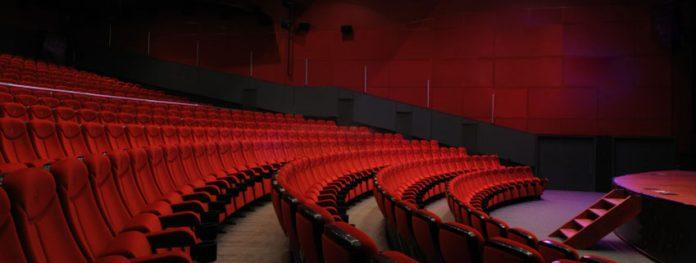Acoustics plays an integral role in delivering a sublime experience in theaters. Proper acoustic treatments can transform the way audiences engage with the audio, enhancing the immersive experience. The key lies in ensuring optimal sound quality with a detailed acoustic test. Our focus will be on understanding the steps involved in conducting these tests, and the role of theatre acoustic design.
The Importance of Acoustic Testing in Theaters
Acoustic testing is paramount in theaters for two main reasons: it identifies potential issues that could impact sound quality and helps design acoustical solutions for theaters that cater to the specific needs of the venue. By carefully assessing the auditorium’s acoustic environment, sound engineers can improve the clarity and precision of the sound experienced by every member of the audience.
Assessment and Preparation
Before the actual testing, acoustic experts conduct a thorough assessment of the theatre. This involves studying the layout, understanding the materials used in construction, and identifying potential acoustic issues. These could range from echo to background noise, which can mar the auditory experience. This assessment guides the preparation of necessary acoustic treatment services.
Measurement Techniques
Multiple measurement techniques are utilized during the testing process. These include using omnidirectional microphones to capture sound from all directions and using sound level meters to measure sound pressure levels. The resulting data provides a clear picture of the theater’s acoustic environment.
Frequency Response Analysis
To understand how different frequencies behave within the theater, frequency response analysis is conducted. This helps sound engineers identify frequency bands that may need adjustments to achieve balanced sound reproduction.
Sound Isolation and Background Noise Assessment
Another critical component of acoustic testing involves assessing the theatre’s sound isolation and background noise levels. Sound isolation ensures that noises from outside the theatre do not intrude on the viewing experience. Background noise assessment, on the other hand, helps to ensure a quiet environment that doesn’t interfere with the sound of the performance.
Speech Intelligibility Testing
To ensure dialogue clarity in a theatre, speech intelligibility tests are essential. This involves gauging how well the audience can understand spoken words. Poor speech intelligibility could lead to missing crucial dialogues and hence a less-than-optimal theatre experience.
Conclusion
By conducting thorough acoustic tests, theater operators can provide an unrivaled audio experience that captivates the audience, immerses them in the performance, and keeps them coming back for more. We specialize in comprehensive acoustic testing and treatment services. If you want to improve your theater’s sound quality, our expert team can provide the best acoustical solutions for theaters. Contact us today and elevate your audience’s experience to the next level.
